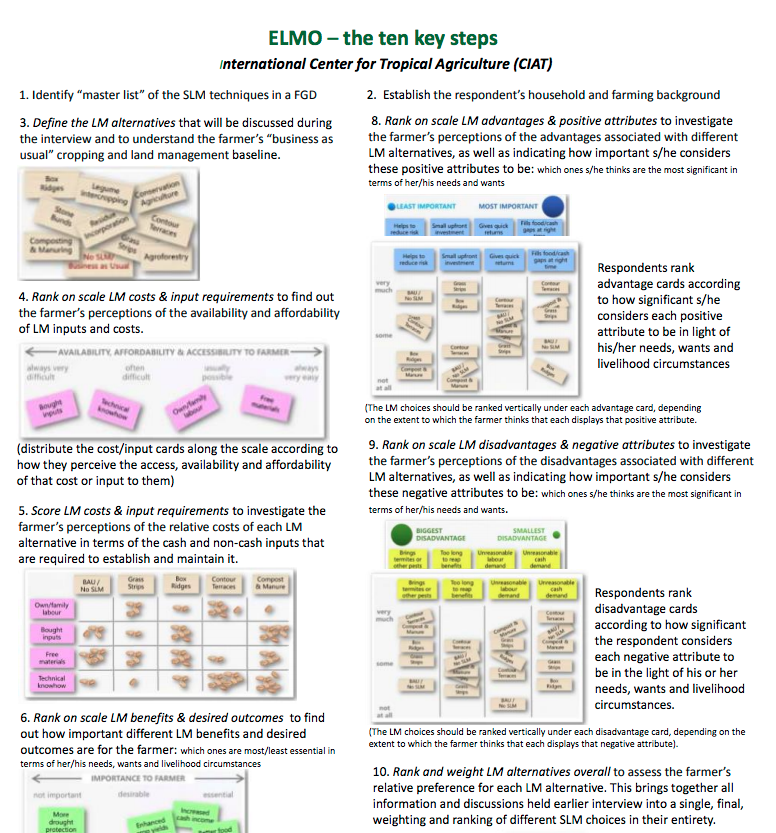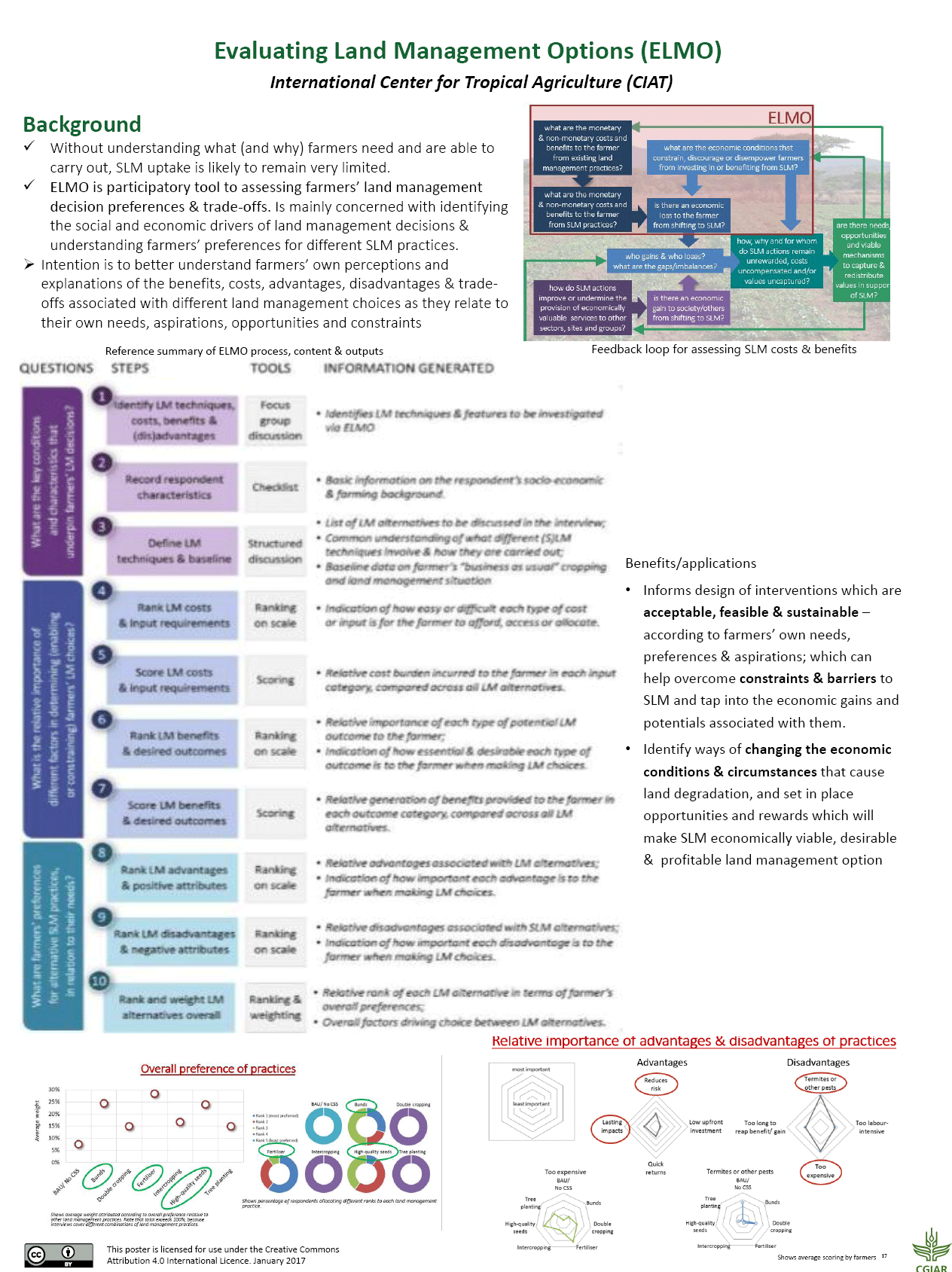Mission
To reduce hunger and poverty, and improve human nutrition in the tropics through research aimed at increasing the eco-efficiency of agriculture.
People
CIAT’s staff includes about 200 scientists. Supported by a wide array of donors, the Center collaborates with hundreds of partners to conduct high-quality research and translate the results into development impact. A Board of Trustees provides oversight of CIAT’s research and financial management.
Values
- Shared organizational ethic
- We respect each other, our partners, and the people who benefit from our work. We act with honesty, integrity, transparency, and environmental responsibility in all of our joint endeavors.
- Learning through partnerships
- We work efficiently and pragmatically together and with partners. Considering our diversity to be a key asset, we adapt readily to change and strive to improve our performance through continuous learning.
- Innovation for impact
- We develop innovative solutions to important challenges in tropical agriculture, resulting in major benefits for the people who support, participate in, and profit from our work.
Members:
Resources
Displaying 86 - 90 of 958ELMO – the ten key steps
Powerpoint presentation by the International Center for Tropical Agriculture (CIAT) about the ten key steps for "ELMO".
Evaluating Land Management Options (ELMO)
- Without understanding what (and why) farmers need and are able to carry out, SLM uptake is likely to remain very limited.
- ELMO is participatory tool to assessing farmers’ land management decision preferences & trade-offs.
- Is mainly concerned with identifying the social and economic drivers of land management decisions & understanding farmers’ preferences for different SLM practices.
- Intention is to better understand farmers’ own perceptions and explanations of the benefits, costs, advantages, disadvantages & tradeoffs associated with different la
Estrategia Sectorial de la Cadena de Cacao en Caquetá, con Enfoque Agroambiental y Cero Deforestación
Framework for a CIAT Strategic Initiative: Comparative Research on Restoration of Degraded Lands
Know what drives the adoption of climate-smart agriculture across different scales
Recognizing successful climate-smart agricultural (CSA) practices is not enough for them to be adopted at scale.
At many sites, government or development-led interventions to promote CSA practices face low adoption rates or are not adopted at all.
Data shows that CSA adoption depends on drivers and constraints beyond the CSA practices. Blanket adoption of a specific intervention should never be assumed: the adoption of CSA practices is usually patchy because of many conditions.




